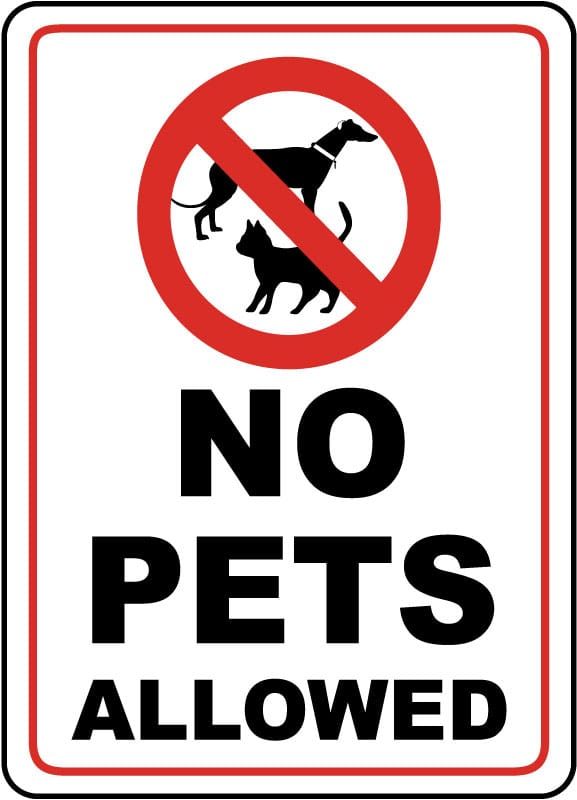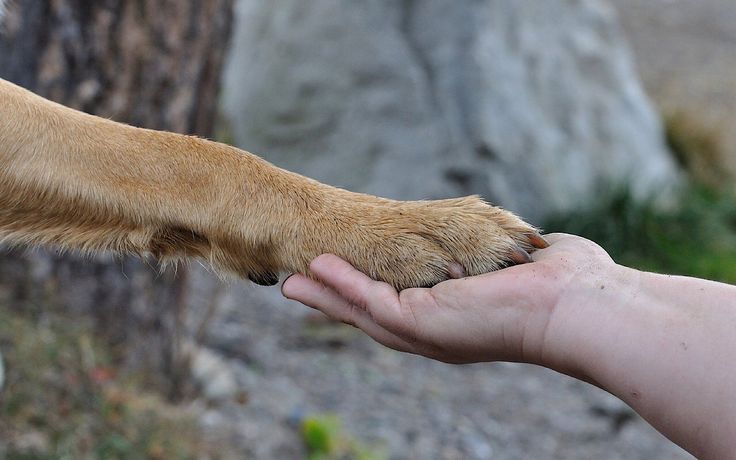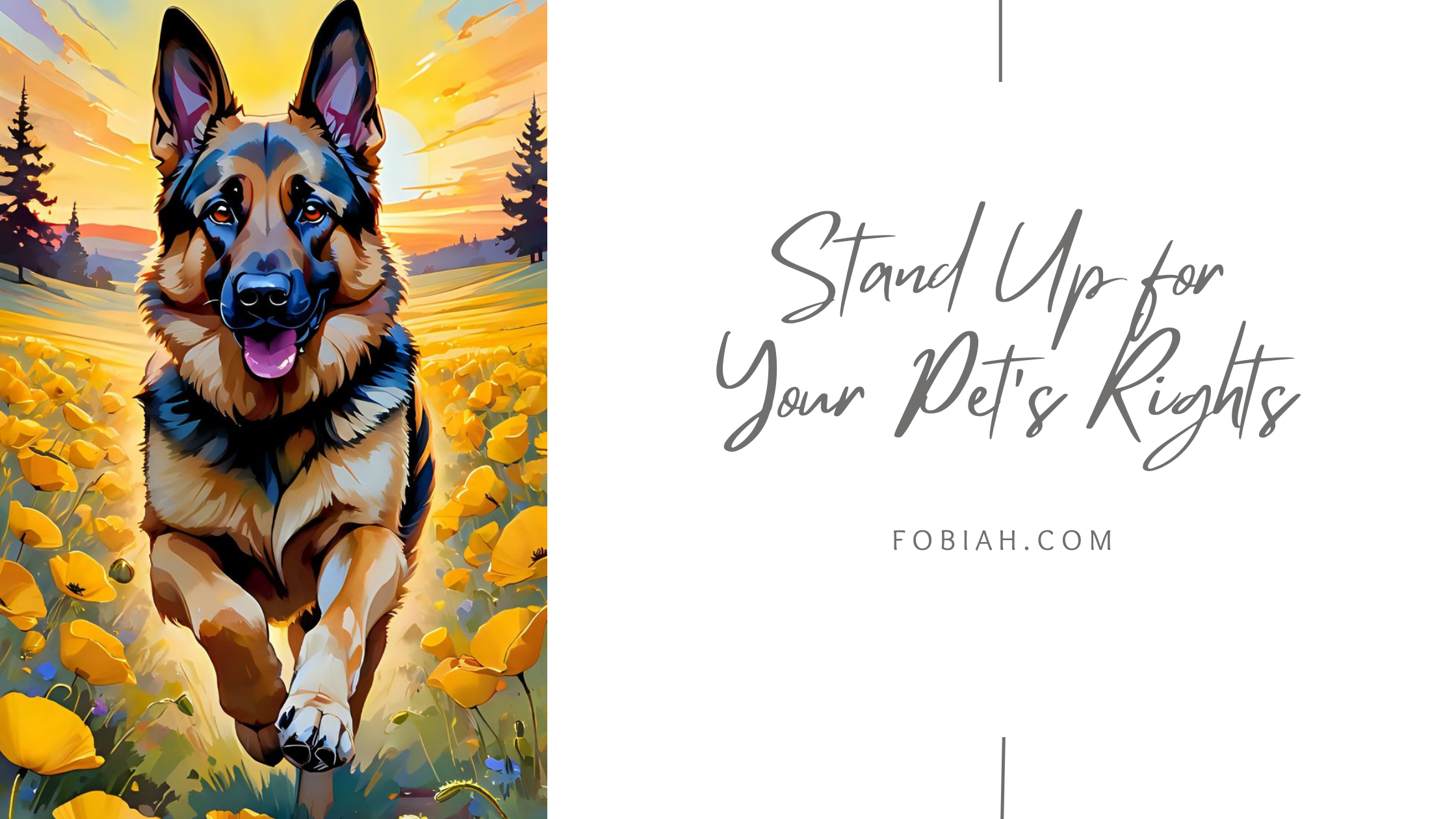Experiences of neighbors giving residents a hard time for walking their dogs in public spaces are all too common. Unfortunately, it doesn’t stop there. In many cases, pet owners and those who feed stray animals also endure verbal abuse and harassment.
And I had faced it too. When I took my dog, Aura, out for a walk one fine morning in Bongaigaon (my hometown) as we are planning to stay for a month with my parents, I was filled with excitement as it was Aura’s first time visiting her Nanu’s place, eager to explore the places together, especially the parks, which are lust green, and guys, it’s Assam, so its much more greener than anywhere else. However, our plans quickly soured when we arrived at I LOVE BONGAIGAON (Walking Zone). To my dismay, the security guard informed me that dogs were not allowed in the park, despite the fact that the Animal Welfare Board of India (AWBI) has established guidelines stating that public parks cannot deny entry to pet owners with their dogs. Furthermore, parks are prohibited from displaying signs that say “No Pets Allowed.”

As I stood there, confused and frustrated, I explained that I always ensure Aura is well-behaved, taking her out for bathroom breaks before entering the walking zone and carrying plastic bags in case of any accidents. But the guard insisted that complaints from other visitors prevented us from entering. One visitor from the side commented to our conversation, quote to quote, “The walking zone is made for humans, not dogs!”. It was disheartening to realize that, despite knowing my pet’s rights, I was facing pushback simply because some people were uncomfortable with pets or didn’t understand the term coexistence. It is almost a month now, and we are waiting for our permission from the municipal department, as thats what the guard demanded from us to enter the walking zone. I’ll keep posting about it in the upcoming blogs.
This incident was a stark reminder of the challenges pet owners face. Many of us have either encountered similar issues or know someone who has. In Indian housing societies, it’s not uncommon for irrelevant grievances to be raised against pet owners. This is precisely why it’s essential for us to understand our pet’s rights as parents. By being informed, we can advocate for ourselves and our pets in a reasonable manner.
With that in mind, let’s explore the pet’s rights and regulations that every pet owner should be aware of, helping us navigate these challenges and ensure a more harmonious coexistence in our communities.
Pet Owners’ Rights and Regulations in India
Fundamental Rights
- Compassion Towards Animals:
- According to Section 51(A)(g) of the Indian Constitution, every citizen has a fundamental duty to show compassion towards all living beings.
- Article 51(g) states that every individual has the right to live with or without a companion animal.
- Protection Against Cruelty:
- Sections 428 and 429 of the Indian Penal Code make it a criminal offense to mistreat or abandon any animal.

Regulations from the Animal Welfare Board of India (AWBI)
- Rights in Residential Societies:
- Resident Welfare Associations (RWAs) cannot prohibit residents from keeping pets.
- Under Section 9(k) of the Prevention of Cruelty to Animals Act, 1960, it is illegal to compel tenants to give up their pets or to enact by-laws that ban pets, even with majority support from residents.
- Encouraging a pet owner to abandon their pet is considered abetting a violation of the law, which is also illegal.
- All local administrative bodies that manage parks should withdraw bans on pets being currently exercised. This applies to Resident Welfare Associations as well.
- Safety and Leash Regulations:
- It is advisable to keep dogs on a leash at all times in common public areas to ensure the safety of both the pet and other residents.
- While a leash is required, it is not permissible to force the use of a muzzle unless necessary for safety reasons.
- In the event of an incident involving the pet, the owner may be deemed negligent and face penalties as per the law.
Guidelines for Housing Societies Regarding Pets
- Elevator Use:
- Since elevators are considered common areas, Resident Welfare Associations (RWAs) cannot penalize pet owners for using the lift with their pets. However, it is advisable for pet owners to use alternate elevators when available and easily accessible.
- Access to Parks:
- Pets cannot be barred from entering parks, as the AWBI’s notification emphasizes the importance of regular exercise for a pet’s physical and mental well-being. It is recommended that apartment complexes and pet owners establish designated times for pet use of the park to minimize inconvenience for other residents.
- The entry of pet dogs into public parks cannot be banned if the dog are leashed and being walked by adults.
- All boards which currently say “Dogs are strictly prohibited ” or similar boards ought to be removed. Instead timings may be specified either in the morning or evening when pet parents are allowed to walk their dog.
- Dog Parks:
- The establishment of dog parks is mandatory. While there have been announcements regarding the construction of these parks, no significant actions have been taken to implement this initiative.
- Pet Size and Breed Restrictions:
- Housing societies cannot impose regulations regarding the size of pets, such as allowing only “small-sized” animals. Additionally, RWAs do not have the authority to restrict specific dog breeds at their discretion.

Guidelines for Pet Owners
If any association successfully pressures a pet owner into giving up or abandoning their pet, it will be considered an act of violating the law and may contribute to the growing problem of stray animals on the streets. These strays, unaccustomed to living outdoors, can lead to accidents, injuries, and fatalities. It’s important to remember that intimidation is a punishable offense under the law.
Takeaway
Despite this, every pet owner must ensure that their pet does not become a nuisance to others. Pet owners should take measures to prevent their pets from attacking anyone, barking excessively (especially during nighttime), and causing littering. Additionally, it is essential for owners to maintain their pets’ hygiene, keep them clean, and ensure that they are up-to-date with all vaccinations.





